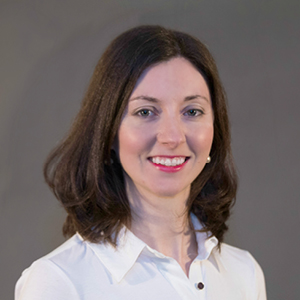In Conversation: The Center for Arab American Philanthropy
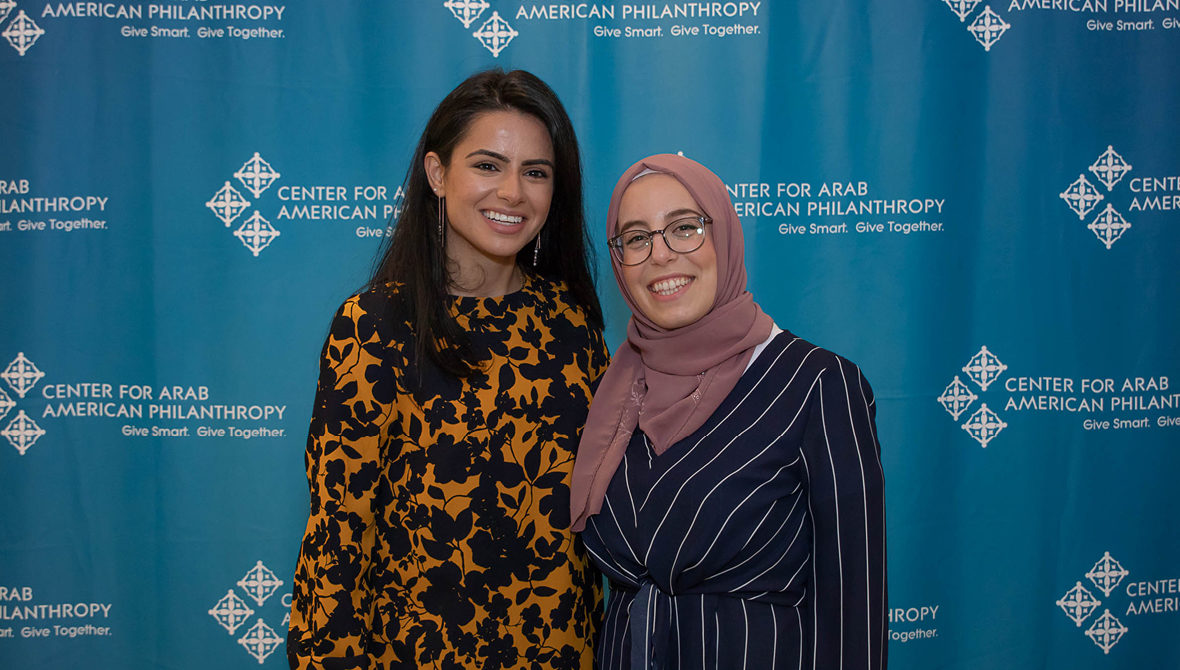

As a community foundation grounded in an ethnic community rather than a geographic one, the Center for Arab American Philanthropy (CAAP) has had to be flexible and responsive in its efforts to balance local engagement with national and even international perspectives.
Katy Hayek Asuncion, Donor Services and Program Officer, has been with CAAP for nearly a decade. She’s helped the organization grow from an institution overseeing just four funds to one that handles over 120 funds granting up to $2 million annually. We recently spoke with Katy about how CAAP has gone about supporting national philanthropy in the midst of local communities.
Dearborn has the largest concentration of Arab Americans in the country, so we have a very strong and well-organized community here. CAAP is an institution of ACCESS, a leading Arab American organization locally, regionally, and nationally that was founded in 1971.
Around 2006, ACCESS leaders, namely Maha Freij, who is ACCESS’ Deputy Executive Director & CFO, as well as the Director of CAAP, began exploring the idea of what a philanthropy program would look like to empower the Arab American community through charitable giving. Ultimately, we landed on a hybrid community foundation model, which is how the Center for Arab American Philanthropy was formed.
It made perfect sense to create CAAP within ACCESS because philanthropy is a natural component in ACCESS’ vision of a just and equitable society with the full participation of Arab Americans. ACCESS also had more than 40 years of relationships and trust established in the Arab American community, which allowed CAAP to get off the ground.
ACCESS has a very intentional strategy to improve the standing of Arab Americans across the country through its three national institutions: the National Network for Arab American Communities, the Arab American National Museum, and the Center for Arab American Philanthropy. These three institutions empower communities and shape perceptions about Arab Americans whether through advocacy, the arts, or philanthropy. In regards to CAAP specifically, although we are locally rooted and our physical offices are in Dearborn, from the very beginning it was very important that we have a national presence. That’s why, for example, our advisory board is made up of Arab Americans from across the country.
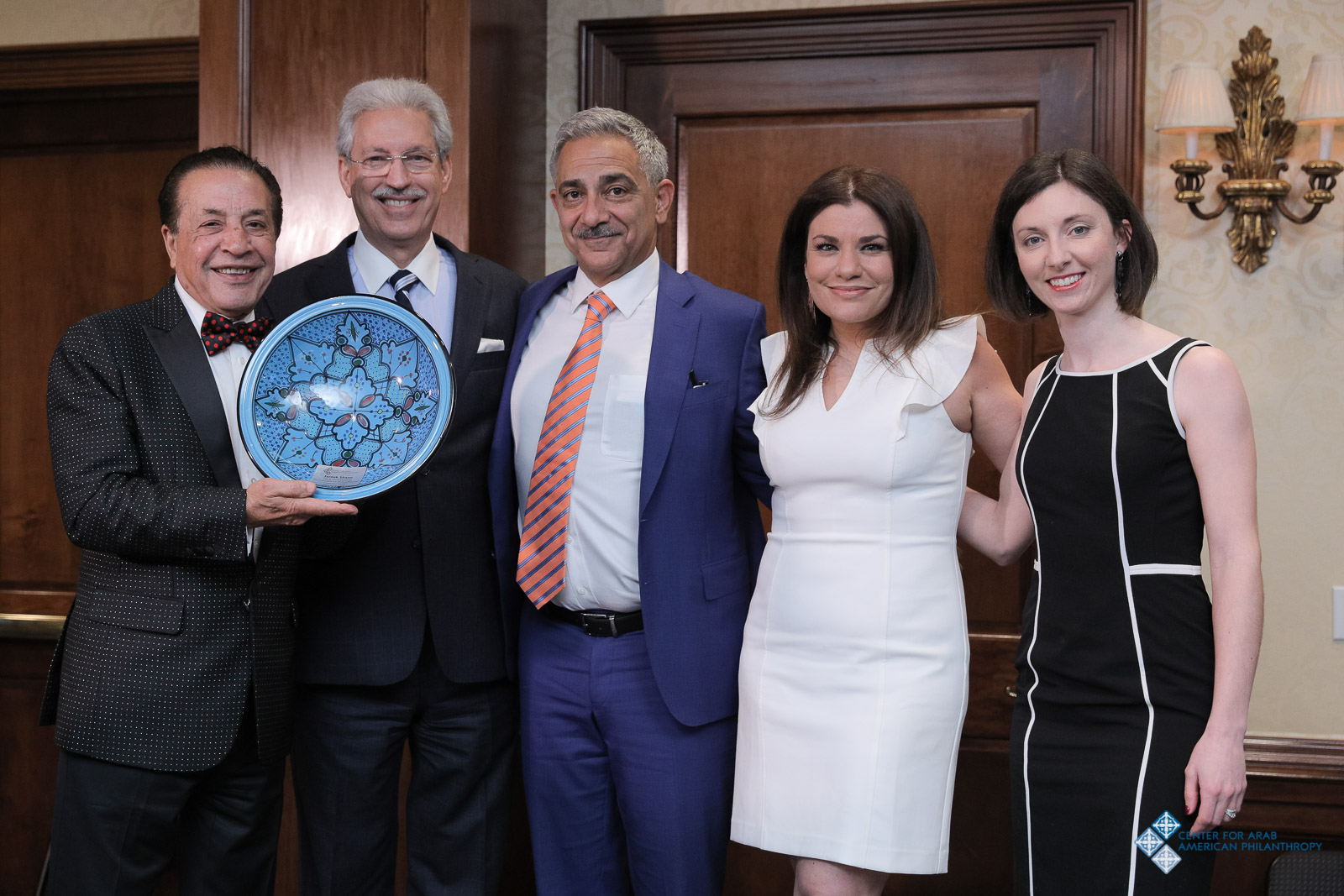
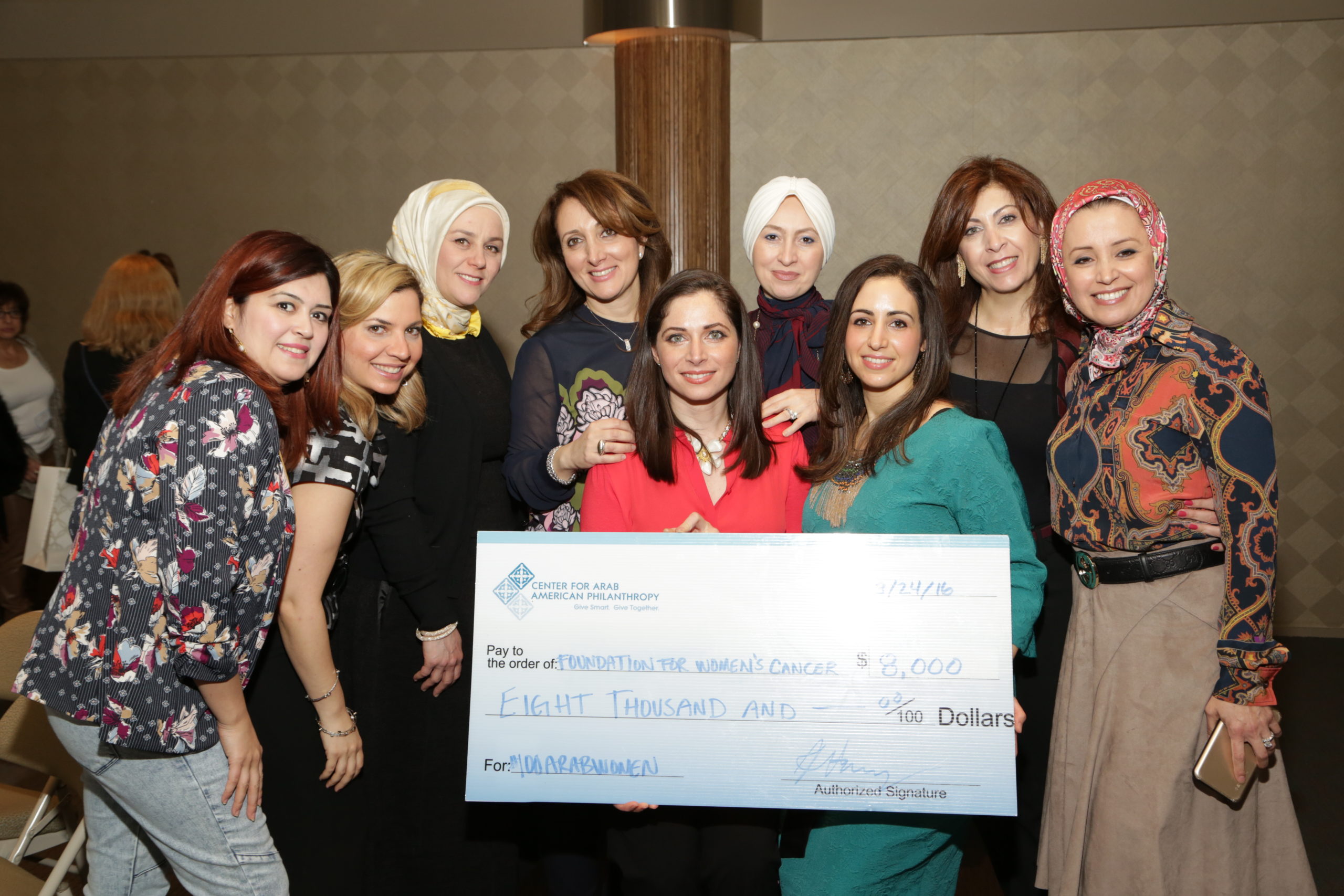
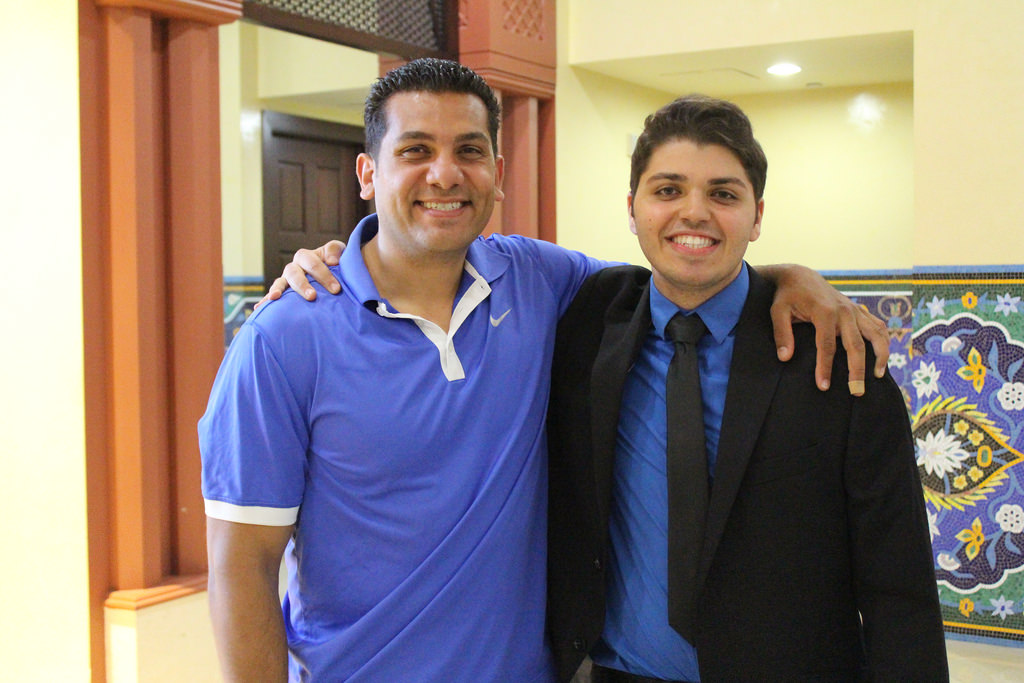
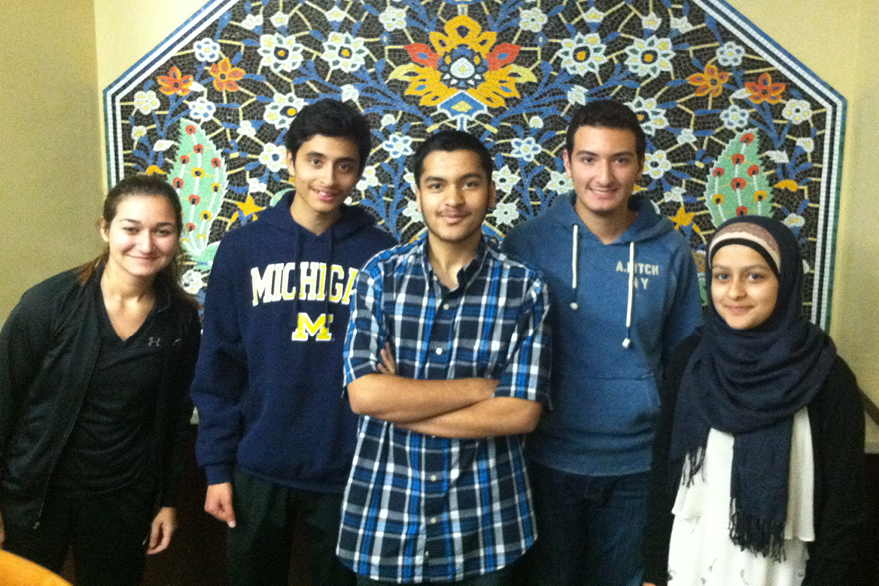
Unlike local community foundations that are in their communities and are able to easily go visit all their grantees in person or be more connected to their local region, we’re working all across the country, and even doing some international grantmaking as well. So there are definitely unique challenges when it comes to branding, getting the word out about what we do, and awareness and education in the community about CAAP.
We’ve worked through some of these challenges by utilizing our national advisory board and working with other key leaders in specific geographic locations outside of Michigan to open doors and make connections. We’ve done a lot of work to build relationships in other key cities where there are large populations of Arab Americans, such as Houston, Chicago, Atlanta, and Boston. For example, we had our first fundraising gala in Houston, Texas in March 2018 with 200 attendees. The success of this event was largely due to the relationship-building we did in the Houston area through our board and other leaders.
Whether locally or nationally, our engagement strategy predominantly focuses on relationship building and building awareness in the Arab American community about the benefits of strategic philanthropy.
“The collective voice aspect is also very important — showcasing that together we can do so much more with our dollars than any one person could do individually.”
Arab Americans have been in this country for generations, and they have been giving back and it’s not a new thing. But our job at CAAP is to elevate the impact of Arab American giving by making it more well-known and by giving Arab Americans the tools and resources they need to be leaders through the lens of philanthropy. The collective voice aspect is also very important — showcasing that together we can do so much more with our dollars than any one person could do individually.
Well, I’m part Lebanese and I think working at CAAP has been a good way for me to connect with that side of my heritage. Beyond that, I also think it’s important to increase diversity and representation in philanthropy in general. Anyone who works in philanthropy knows that historically philanthropy has been mostly white males who dominate the conversations and the philanthropic landscape. So it’s important to me to be a part of something that’s unique and that’s showcasing Arab Americans, as well as a different identity and different way of thinking about giving back.
A concrete goal I’d like to see is for us to reach the $5 million mark in our annual grantmaking. I know it’s not all about the numbers, but I think when you’re looking at foundations, people talk about the grantmaking first because it’s tangible.
Mostly, I’d like to see us continuing to live out our mission to empower Arab Americans to be leaders and change-makers through philanthropy. A lot of this work has been based on building really strong relationships with Arab American donors, both in Michigan and in other cities. We’ve started really building trust and awareness so that people can utilize CAAP as a way to be even more impactful on the causes they are passionate about. I see us building on that even more in the years to come so that we have thousands of Arab Americans all across the country giving through CAAP.
